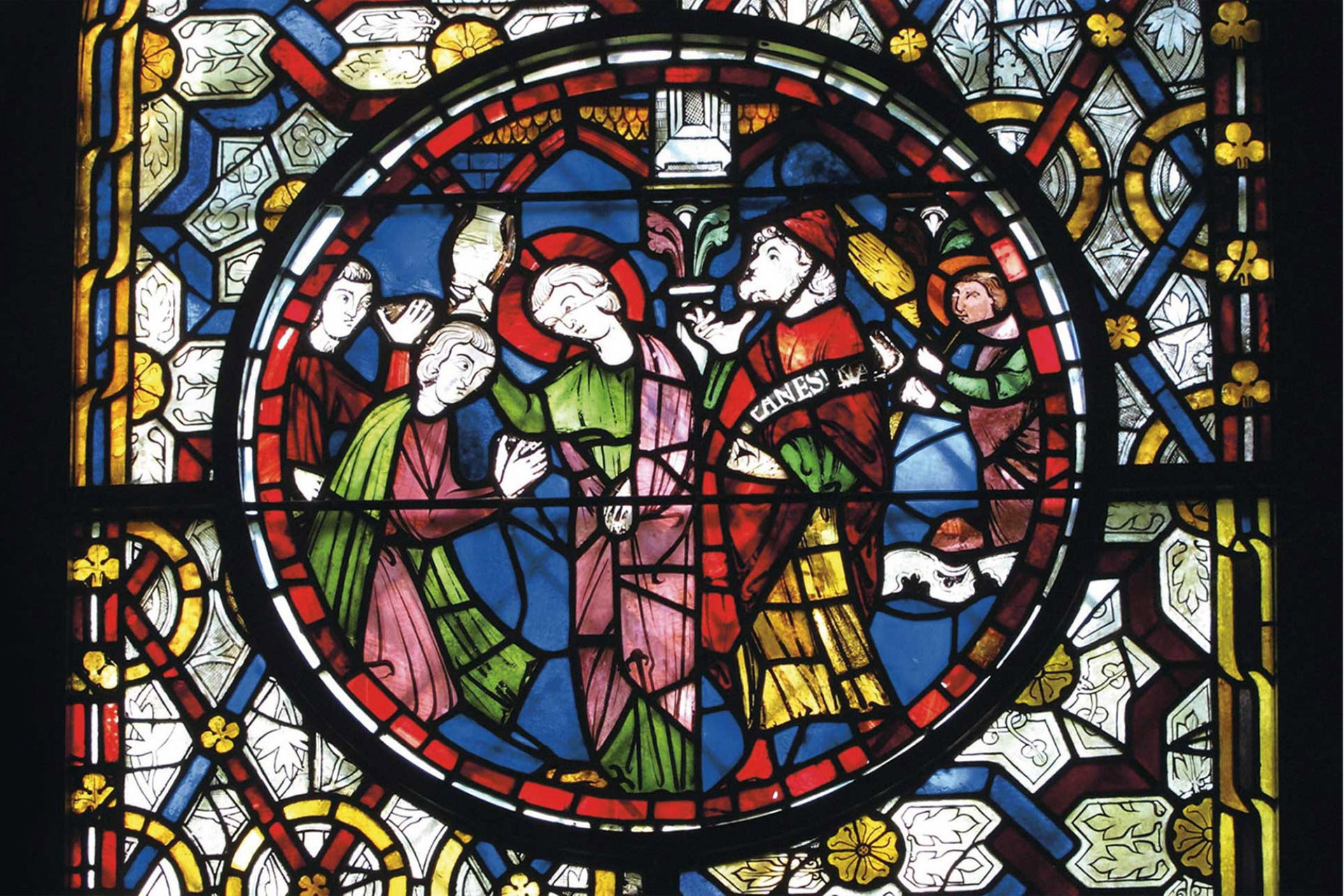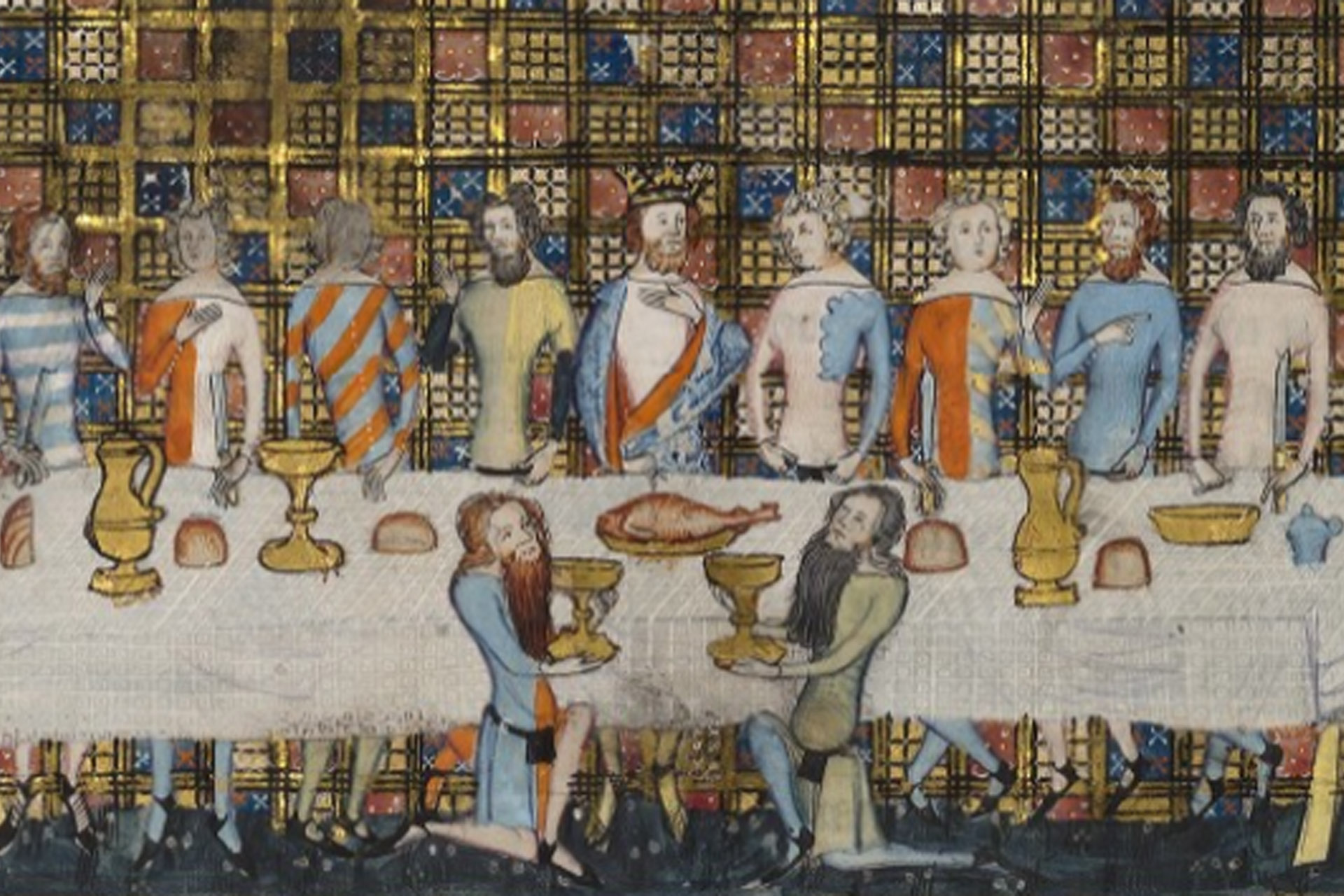Cecilia White originally graduated from Kent in 2012 with her undergraduate degree in Politics and Philosophy and is now a student on the MA in Medieval and Early Modern Studies. We caught up with Cecilia to find out more about more about her dissertation.
Why did you decide to come back to Kent to do your masters?
During my final year of my undergraduate degree, I joined a re-enactment group which covers England, in and around the late C10th to the C13th, give or take. This kindled quite a strong interest in the medieval period more generally, and when I started looking at postgraduate courses again about 18 months ago, the Kent MA course caught my interest a lot.
Could you please tell us a bit about your MA dissertation?
My MA dissertation is linked to re-enactment, although moves out of my core period of interest. Due to being disabled, amongst other issues, I’ve always focussed on the civilian/living history side of re-enactment rather than battle re-enactment and become reasonably accomplished at many of the skills a woman of the middle and upper classes (a status level chosen for a mix of better clothing and I’m fairly physically limited) of my core period would have, so I can display them at shows, but probably my best skills are cooking and dress-making.
It is the latter skill I am using for my dissertation, which intends to research and then as accurately as possible recreate a cotte from circa 1380 Kent. A cotte is the core dress that most women of the period wore, with or without further layers. It is one which wealthy women would often stick extra layers over such as Houplandes (the big bell sleeved robes worn by both women and men in the late/high medieval periods), or surcotte (the sideless apron/dress like garment which you often see as the stereotype of medieval women’s fashion).
There is very little known about how such garments were made or tailored during the period and one of the difficulties will be creating the garment to achieve the period ‘fashionable shape’, so making the garment should provide me a window of insight into the experience of the women who created the clothing. I also want to gather information on things like how long things took, how difficult they were, etc. to gather as much detail as possible about the work. An additional detail I will want to examine at the end of the project is to assess, considering this is a fairly new style of study, how much information is gathered and learnt and how much it adds to the study considering the material cost is quite high.
Why did you choose the cotte?
I chose 1380 as a dateline as its a major turning point in terms of historic fashion – it’s the first time you really see tailored dresses (and thus is linked to a major jump in textiles skillsets), an unusually short-lived fashion for the period, and closely linked to a lot of wider changes in society, particularly regarding the view to women.
Congratulations on the grant you have been awarded for your dissertation research! Could you tell us a little bit more about this?
I have been awarded the Pasold MA Dissertation Grant and its purpose is to help fund specifically textiles related studies. What it mostly enables me to do is afford the materials needed to recreate the dress, as I intend to try and get as accurate fabric/materials as possible which is not cheep at all especially if I can get authentically plant dyed and handwoven wool as I hope to do. It will also fund any research trips I have to take while I’m at it.
What are your plans for after your MA?
I’m not entirely sure as of yet. If there is one thing this MA has done for me, is boost my self esteem and belief in my own capabilities after a BA and intervening years which have knocked me down quite a lot. Even if I’m not entirely certain of what next, I’m certainly a lot more confident and hopeful that I will be doing something I enjoy after graduation.

